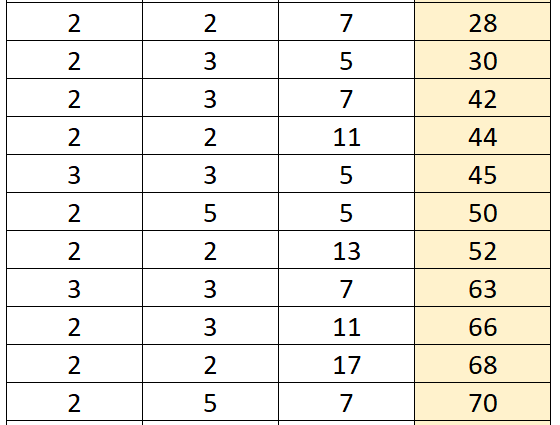On New Year’s holidays, we all wish each other good luck – implying that this is some kind of random factor. It can happen, or it can leave us without announcing the reasons. However, in the Taoist tradition, it is believed that luck can be made your background state. What factors affect this and how can they be pumped?
It is no secret that people who are moving towards their luck are most often lucky: they are interested in their business, open to new things, seek, stumble, find and move on.
Easy to say, but how to become such a person? According to Taoist tradition, these skills are just the tip of the iceberg. Beneath them are more important, deep skills that allow you to extract, cultivate and competently distribute the most important human resource – life energy.
Factor #1. Relaxation
It would seem that we are talking about luck, which brings success and achievements – where is the place for relaxation? But as Taoist practice shows, the skill of relaxation is necessary in literally every business.
Imagine: a person spends a certain resource of energy on his work, and some reserve of energy to maintain stress – both physical and emotional. Moreover, the stronger the experience, the more real muscle clamps, and vice versa: the usual tensions of the body support a tense emotional background.
In the best case, the ratio of energy directed to business and emotional stress is 60% to 40%
At worst, a person spends 80% of his energy on somehow controlling himself, and only 20% goes into action. Hence the various types of procrastination that slow down all processes when a real storm of events rages inside.
If a person, for example, practices qigong and learns to relax at the bodily level, then the usual emotional stresses, such as anxiety, recede. And the same work or family tasks begin to be performed easily: the resource that was previously “occupied” with emotions is directed to them. Plus – energy is released for some additional interesting activities.
This is how we finally allow life to happen: we let in an element of surprise, which we had no strength for before. New meetings, new acquaintances, new activities and interests – a resource opens up for discovering something new, which leads to the formation of new successful contacts and events.
Factor #2: Focus
Not only is it necessary to release energy for luck, it is important to direct it in the right direction. Decide on priorities, understand in which direction and how to move. Find something truly “your own”. It is there, in “their own” direction, that there is usually a feeling as if everything happens by itself. How to do it?
Get rid of illusions and fears, identify true needs, roughly speaking, “focus” on this reality and see yourself as you are – with all the advantages, disadvantages, potential, desires and tasks. Again, easy to say – but people can go to this clarity and understanding for years.
To do this, you can use the help of psychologists or, as is customary in the Taoist tradition, practice meditation.
This is a skill of immersion in inner silence – in a space where there is no inner monologue and those stories that we tell ourselves about ourselves. A certain space of clarity in which brilliant ideas are born – in particular, about what I really want and how to achieve it.
Thus, meditation allows us to understand what exactly we need to focus our attention on – and where attention flows, energy also flows. Clarity in understanding yourself and your goals is one of the most powerful tools for success.
Factor #3: More Vitality
If a person has learned to “save” energy, as well as distribute it correctly, then you can think about how to extract an additional resource so that the whole process moves faster and more interesting.
To do this, in the Taoist tradition, there is a practice of replenishing vitality – neigong. But it is mastered only after a person has learned to relax as part of the practice of qigong, and has also mastered the ability to enter into meditation. Only after that, “pressure” – additional energy – can be applied to a balanced, harmonious system.
These breathing exercises can work wonders.
For example, advanced neigong practitioners can completely refuse sleep, because they already have plenty of strength without it. Practicing neigong in an urban environment, and not in a monastery, such results are unlikely to be achieved. But getting additional strength for new achievements that lead you to the planned success is quite real.
In total, in order to make luck a background state, you just need to learn how to manage your energy: save (free up a resource), direct it to priority tasks and regularly replenish supplies. Sounds infinitely logical, doesn’t it? And, fortunately, within the framework of qigong there are practices for the implementation of all three points.










